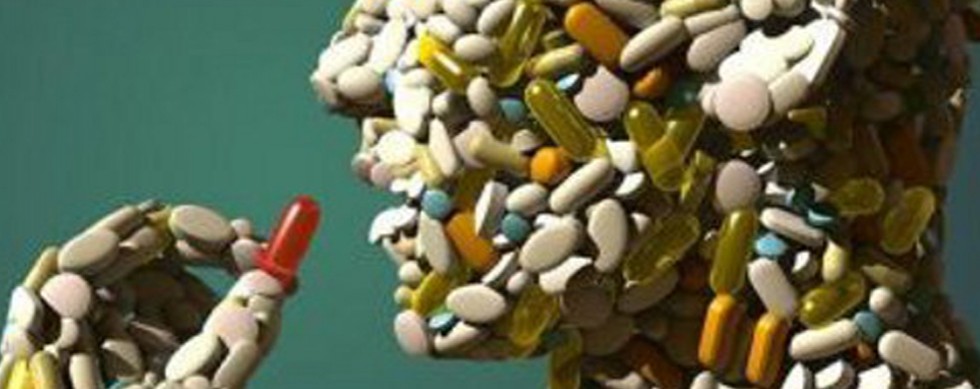
Sports Nutrition and Supplements
Sports Nutrition and Supplements
It’s well known that professional athletes have a strict nutritional diet enhanced by various supplements to maximise the results from their training.
Avid gym goers & prosumers have been using products such as protein, anabolic and nutrition supplements for years to improve the results from their training. While many products are proven to be beneficial, it’s wise to use peer reviewed and professionally recommended products only, and to be realistic with expectations, there are no shortcuts to your dream body.
Protein sources
Muscle fuel. The base materiel for your body’s own maintenance program. How much protein should you intake? What types of protein are best? Is it better to get protein powder mixes or to improve your diet to include a more suitable level of protein?
You should be consuming between 1.3g and 2.3g of protein per kilo of your body mass from all sources (supplements and your diet), this is an appropriate amount for your body, too much protein, and your liver will remove it from your bloodstream like any other excess, too little and your body will not gain muscle mass or repair itself effectively.
Arguably the best measure of quality for protein, both from supplements and foods is its BV value. This is the percentage of protein consumed which is actually absorbed, retained & used in the body. Certain foods, for example eggs have a very high BV value (100), while other high protein foods such as beans and legumes have a much lower BV (approx. 49). One advantage of supplements, is the protein you ingest generally has a very high BV value compared to most protein rich foods.
Different types of protein are ideal for different workout routines. Whey protein is a fast digested protein suitable for intake shortly before and after exercise. Casein/milk proteins are a more balanced, time released protein effective for the whole day.
Consuming small frequent meals is the optimal way to eat, regardless if your goal is muscle gain or fat loss. To keep your body constantly in positive nitrogen balance, you should consume a complete protein every three hours of exercise, protein bars and shakes are ideal for this.
Protein supplements are effective because they give you a good source of protein and can be combined with a low calorie diet for effective fat loss and muscle gain. The biggest advantage of protein supplements is convenience. It’s easier to drink a protein shake or bar than it is to buy, prepare, and cook whole foods.
Protein from healthy foods such as eggs, lean meats, vegetables, seeds and nuts is effective in that you are consuming complete proteins which are nutritionally balanced with carbohydrates, oils, vitamins & minerals. A significant way proteins from whole foods are more effective than supplements is that they stimulate the metabolism more, this is known as the “thermic effect”. However, it is recommended to consume protein every three hours or so, for many people, cooking and making time to eat this often is nearly impossible. This is why consuming a healthy amount protein from both food and supplement sources is ideal for the active lifestyle.
Recommended calorie intake
General physical activity
30-40 minutes/day, 3 times a week
Normal diet,
1 800-2 400 calories
Moderate levels of intense training
2-3 hours/day, 5-6 times a week
2 500-7 000 calories
High-volume intense training
3-6 hours/day, 1-2 sessions/day, 5-6 times a week
3500-8 000 calories
Nutrition
Carbohydrates – Best source: unrefined grains.
Fats – Best sources: avocados, olives, nuts and oily fish.
Minerals – Best sources: Fresh fruit and vegetables, supplements such as one a day mineral tablets
Proteins – Best sources: Meats, fish, eggs, pulses, nuts, seeds, soya products and supplements.
Roughage (Fibre) – Oats, wheat bran, lentils, wholegrain cereals, beans, dried fruits.
Vitamins – Best sources: Fresh fruit and vegetables, supplements.
Water – It’s important to drink plenty of water, especially when training, water is essential to maintaining a healthy body during heavy exertion. You can mix water with a small amount of sugar and salt to make a cost effective electrolyte solution.
Performance supplements
The following supplements are proven to increase exercise performance.
- L-arginine boosts aerobic endurance.
- Beta-alanine enhances anaerobic and aerobic exercise performance.
- Caffeine improves endurance and reaction time.
- Creatine increases performance in strength and power events.
- Nitrate advances aerobic endurance exercise.
- Alkalinising agents (sodium bicarbonate and sodium citrate) increase anaerobic exercise performance.
The following supplements are tested to be not effective or are dangerous to use:
Glutamine, Smilax, Isoflavones, Sulphopolysaccharides, Boron, Chromium, CLA (conjugated linoleic acid), Gamma Oryzanol, Prohormones, Tribulus Terrestris, Vanadium, Calcium Pyruvate, Chitosan,
L-carnitine, Phosphates, Herbal diuretics, Ribose and Inosine.3
Dulwich Health Club strongly recommends you check with your GP and a reputable website such as www.webmd.com or www.supplementreviews.com for expert information and advice before using any supplements.
